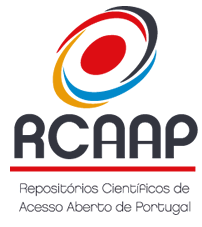Higher education and curriculum innovation: results of an institutional network research
DOI:
https://doi.org/10.5433/1679-0383.2013v34n1p99Keywords:
Educational innovation, Curricular paradigms, Higher education, Innovative pedagogic practices, Network research.Abstract
In this article we share the paths of an investigation carried out by a group of researchers from different Brazilian universities (FORPEC), which, based on the results of the investigation, built a network of information and research involving various education institutions. While describing this group’s pathway, the text presents innovating experiences of curriculums in higher education which provided important and significant pedagogic changes in their projects. During the period of investigation, 6 (six) projects of university courses with innovation proposals were brought up and analyzed. This analysis allowed for the elaboration of innovation concepts for Higher Education, identify active innovating methodologies, create and implant innovative projects in Higher Education, as well as give the start off to investigation concerning the development of the docents integrating the innovating curricular projects. The groups’ pathway in itself may be considered an innovative research project.Downloads
Downloads
Published
How to Cite
Issue
Section
License
Semina: Ciências Sociais e Humanas adopts the CC-BY-NC license for its publications, the copyright being held by the author, in cases of republication we recommend that authors indicate first publication in this journal.
This license allows you to copy and redistribute the material in any medium or format, remix, transform and develop the material, as long as it is not for commercial purposes. And due credit must be given to the creator.
The opinions expressed by the authors of the articles are their sole responsibility.
The magazine reserves the right to make normative, orthographic and grammatical changes to the originals in order to maintain the cultured standard of the language and the credibility of the vehicle. However, it will respect the writing style of the authors. Changes, corrections or suggestions of a conceptual nature will be sent to the authors when necessary.

















